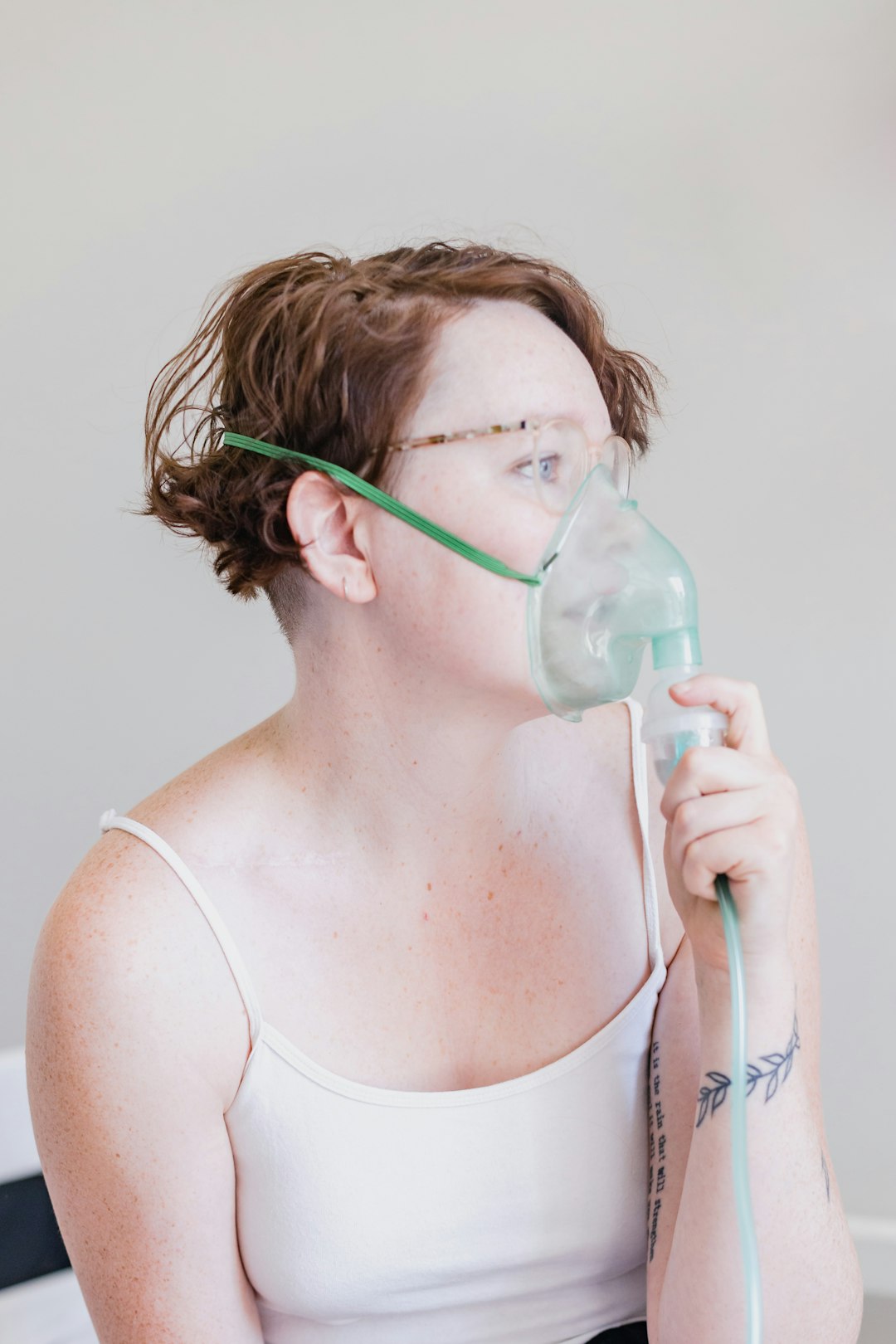We hear about premature births more often now due to the advancement of modern medical technology. With so many people having premature babies, questions have been raised about what long-term health impacts this could have on their lives.
Although great strides have been made in medical care for new preemies, one concerning issue is the potential development of asthma. Is there a greater risk of premature babies developing asthma and if so, can it be prevented?
In this article, I will provide evidence-based information on the likelihood of premature babies developing asthma and offer tips and techniques to help reduce their risk as they grow into adulthood.
Causes of Premature Birth
Premature birth can be caused by a variety of factors. They include the mother’s health issues, such as inadequate nutrition or chronic conditions like obesity or diabetes. It can also result from stress, smoking or drinking alcohol during pregnancy as well as genetics, certain medications, and infections.
In some cases, premature babies may have been born too early because their placenta separated from the uterus before labor began. Certain medical interventions intended for more successful childbirth such as labor induction, augmentation with Pitocin, or cesarean delivery can increase the risk of premature birth. Uterine abnormalities and multiple pregnancies also appear to raise the likelihood of premature birth.
In addition to learning about the possible causes of premature birth, doctors working with postnatal infants need to consider alternative management strategies when dealing with any increased risks associated with prematurity – including the possibility that the baby will develop asthma.
Asthma in Childhood and its Link to Premature Birth
Research has indicated that children who are born prematurely may be at an increased risk of developing asthma in childhood. The reasoning behind this is that preterm babies have immature lungs and may not develop respiratory functioning as well as those delivered near the end of their pregnancy. Premature babies typically experience more respiratory infections, which can further increase the risk of asthma in later years.
A number of studies have reported an association between premature birth and a greater likelihood of asthma diagnosis during childhood. Researchers have postulated that this increased risk could be due to altered airway and immune system development associated with preterm delivery.
It is important to note, however, that not all premature babies will develop childhood asthma. There are many other influences that affect this outcome such as genetics and environmental factors like exposure to allergens or smoking during pregnancy. Therefore, it is important for parents to be aware of the potential risks associated with premature delivery so they can seek medical attention if any signs or symptoms of asthma arise.
Asthma Symptoms in Children
When it comes to spotting asthma in premature babies, you should be aware of the common symptoms. Premature babies who have asthma may experience chest tightness, coughing spells, difficulty breathing, fatigue, and wheezing.
Another asthma symptom that is often seen in premature babies who have asthma is chest wall retractions. Chest wall retractions occur when the rib muscles are pulled inward as the infant attempts to take a breath. With proper inhalers or other treatments, your baby’s chest wall retractions may disappear.
Additionally, you might notice signs of airway obstruction in your baby such as faster respiration than usual or nostril flaring. If your baby seems to have difficulty breathing, then they should see a doctor right away to determine if they are having an asthma attack or another problem like an infection.
Finally, parents should also look out for any colored mucus present in their baby’s mouth or nose as this can indicate a lung infection which could lead to asthma problems down the road if not treated properly with antibiotics and/or steroids prescribed by their doctor.
Keeping Track of Your Child’s Symptoms
When it comes to keeping track of a premature baby’s possible asthma symptoms, it’s important to be aware of any changes over time. Be sure to monitor and document your baby’s breathing pattern, health history, past medications, and any environmental factors that could be causing problems.
In addition, you should watch for any wheezing, coughing, or difficulty in breathing that the baby experiences. If you notice these signs of respiratory troubles, take the baby to his/her ENT doctor in Philadelphia PA right away so they can be diagnosed. It is also important to pay close attention if your baby is having recurrent episodes of chest tightness as this could indicate asthma as well.
Once your baby has been determined by their pediatrician as having asthma, keep track of all recommended treatment plans and medications prescribed by their provider — this will help make sure that your child is getting the best case care for their condition. Additionally, note any shifts in the child’s behavior after taking medications or treatments (such as increased energy levels or improved mood). This will provide valuable information that can help guide additional treatment plans when needed.
Will Your Child Outgrow Asthma?
The short answer is yes, your baby may outgrow asthma. About half of all children who suffer from asthma before the age of five will eventually outgrow it. That’s especially true for very young babies – such as premature babies – who are more likely than other kids to outgrow their asthma by adulthood.
While it is possible that your child may outgrow asthmatic symptoms, there is no way to predict how long this will take or how likely he or she is to do so. The best thing parents can do is be mindful and proactive in helping their little ones manage the condition, which includes avoiding known triggers. Allergist visits and immunotherapy (allergy shots) also support your child’s health as they get older and may help reduce the occurrence of reactive airway conditions such as worsened allergic asthma or wheezing.

